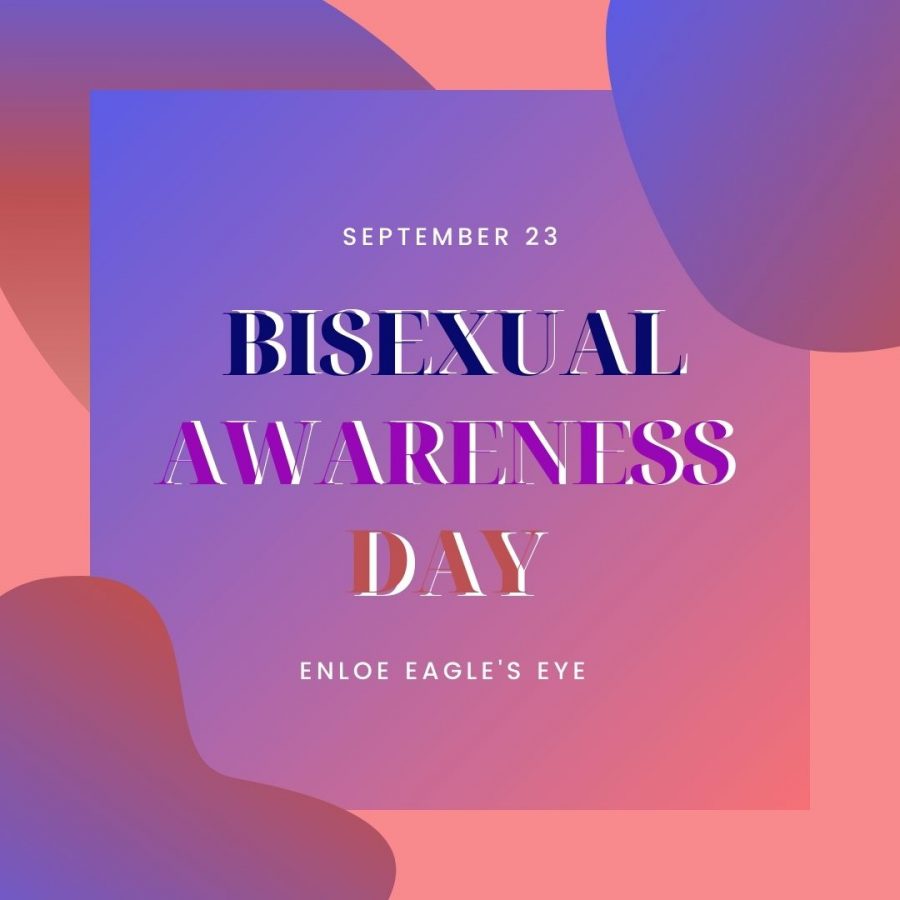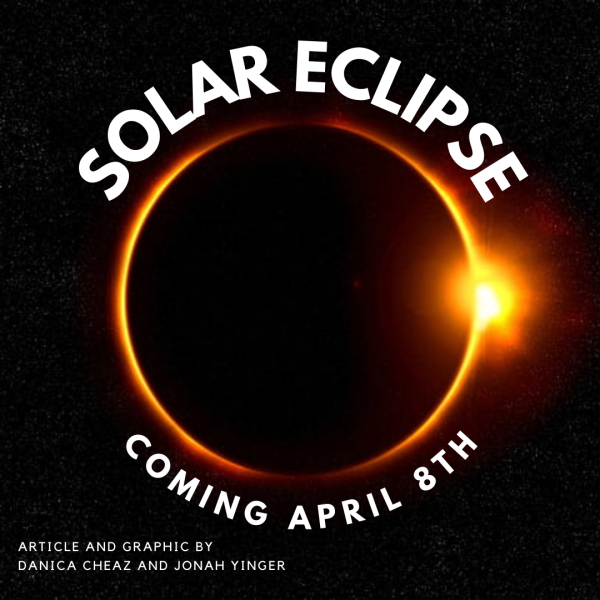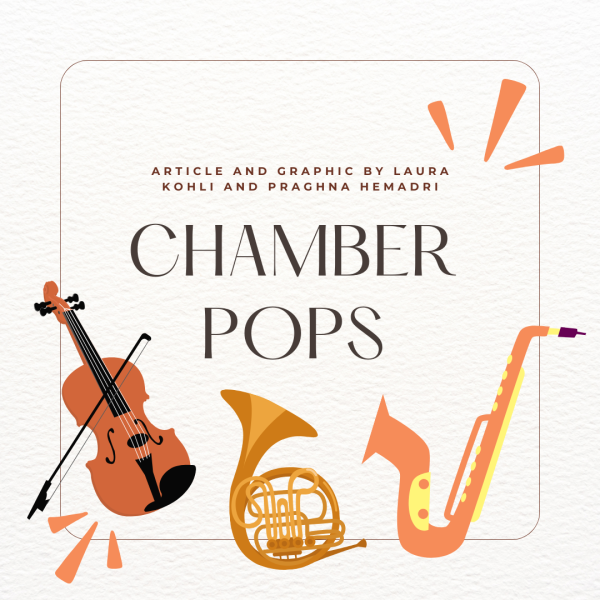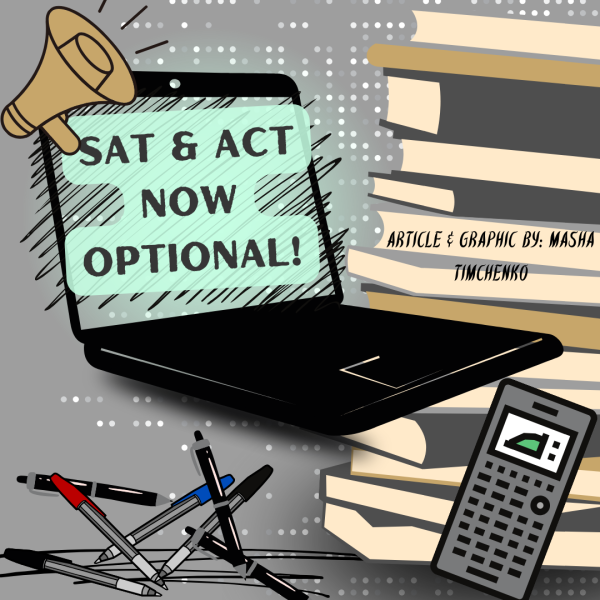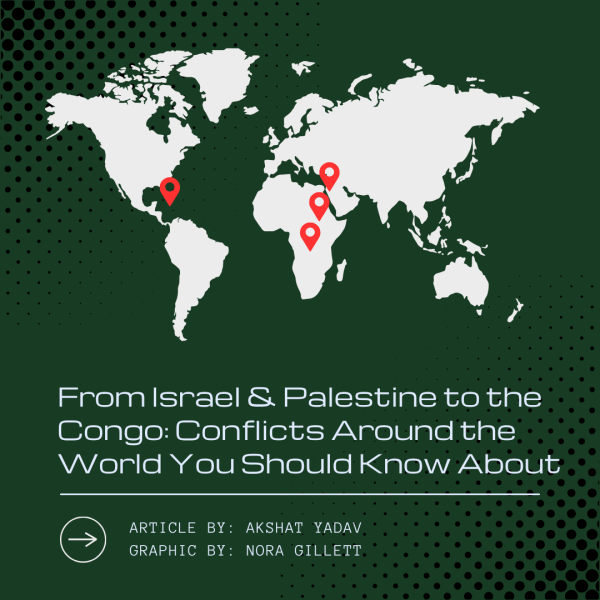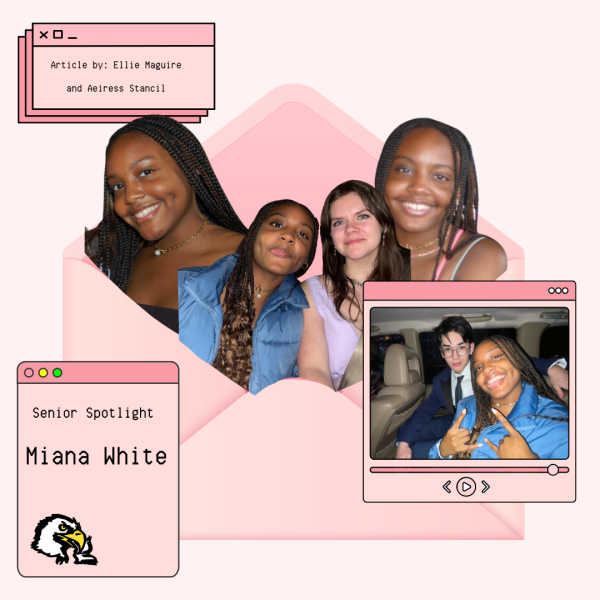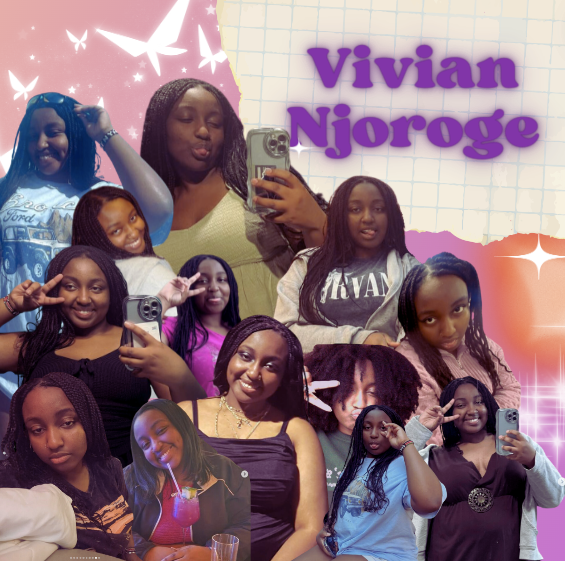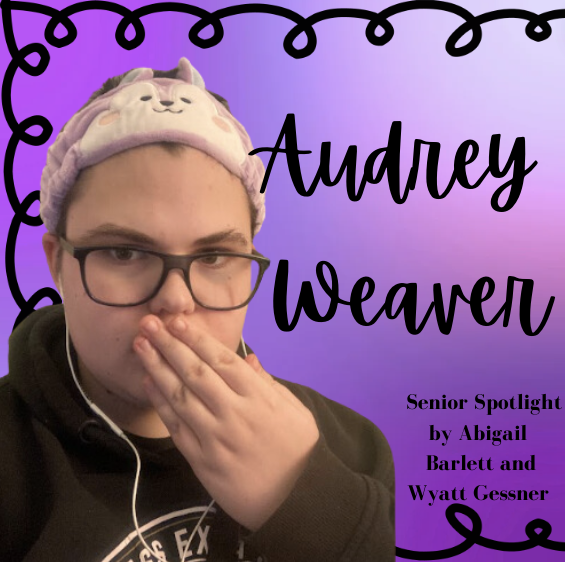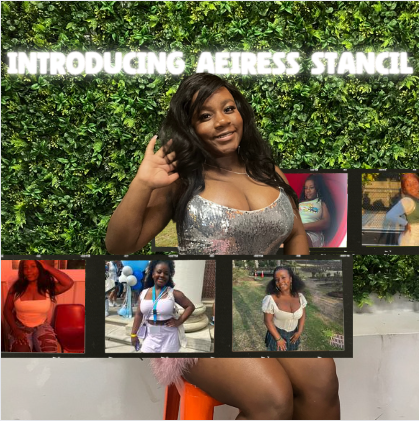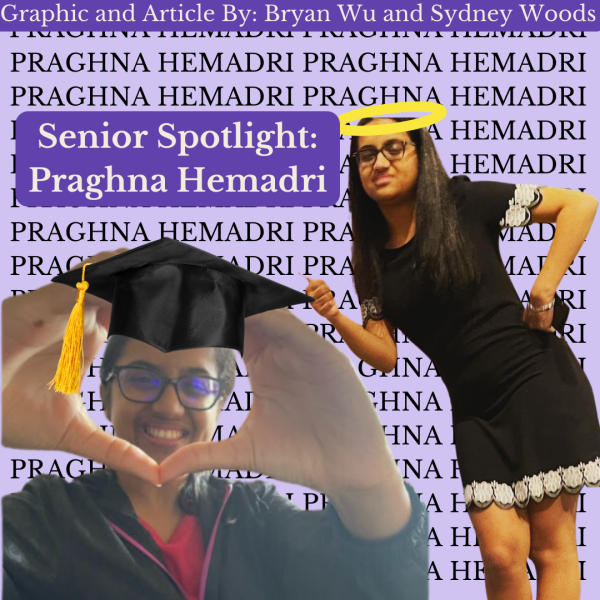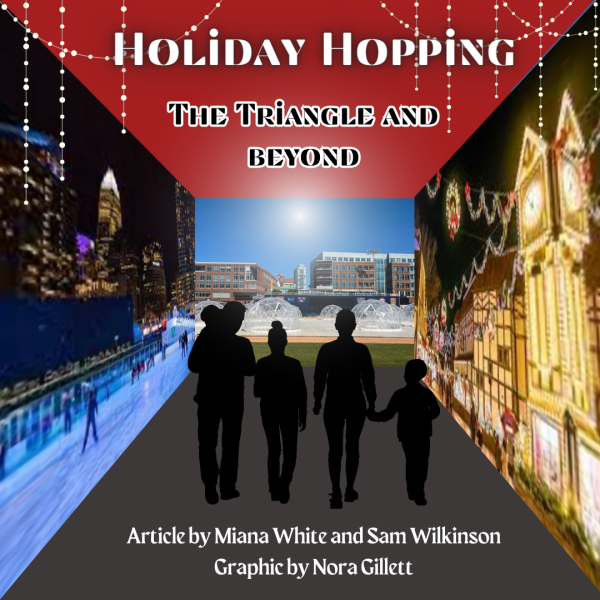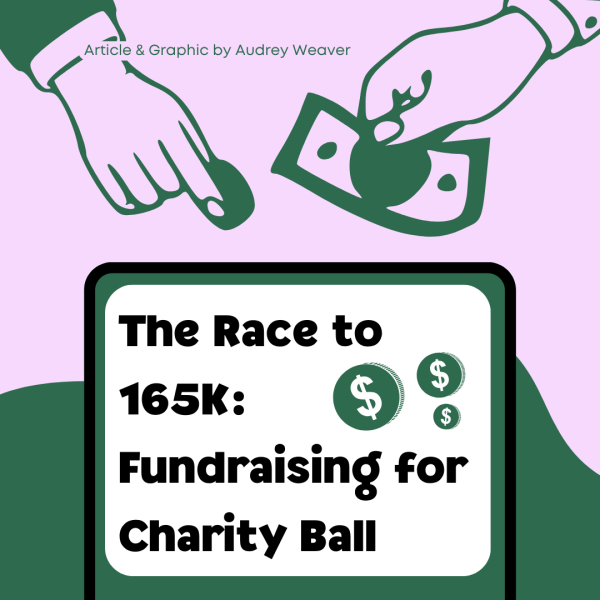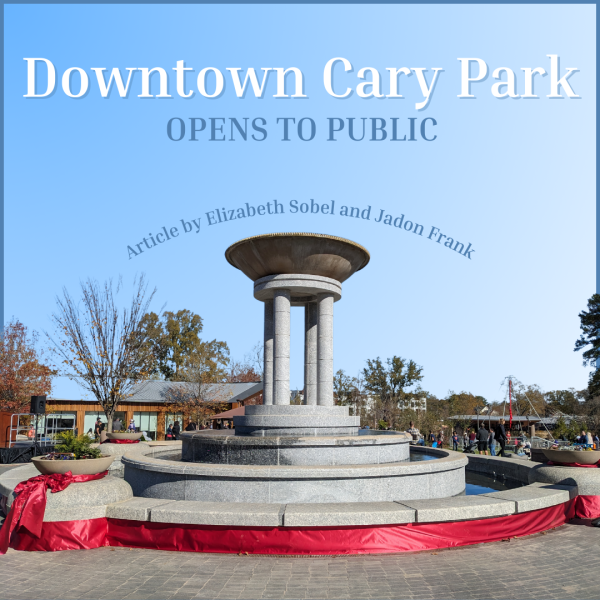Bisexual Visibility Day: History, Stereotypes, and Allyship
In 1999, the first official acknowledgement of Bisexual Awareness Day, also known as Bi Visibility day, occurred at the International Lesbian and Gay Association Conference in Johannesberg, South Africa. The celebration was out of a frustration among the bisexual community, who still felt invisible despite the Stonewall Riots of 1969, which almost exclusively directed the attention towards the gay and lesbian community, pushing out all other members of the LGBTQ+ community.
The founders of Bi Visibility Day, Wendy Curry, Michael Page, and Gigi Raven, felt compelled to shed a light on a community that had been left in the dark by both LGBTQ+ people and the community at large. The three activists noted their love of Queen’s Freddie Mercury as one commonality among themselves. The legend himself was known to be bisexual, and so, they decided to set the holiday in September, the month that Freddie Mercury was born (though the specific date, the 23rd, was chosen based upon one of the founders’ birthdays). Gigi Raven’s birthday fell on the 23rd of September, the same month that the iconic Freddie Mercury was born, and so, Raven and her two friends decided to celebrate more than just a birth that day, they validated and celebrated an identity shared by people worldwide.
After that first celebration, the newfound holiday continued to manifest itself. Berkeley, California became the first US city to have adopted the day as an official holiday. Since then, Bi visibility day has continued to gain traction. In 2013, the White House welcomed advocates of the bisexual community to speak on the issues faced by bisexual people. Today, the fight for recognition is still ongoing and so is the need for celebration.
Bisexual people face unique persecution from both straight people and from the LGBT+ community alike. Harmful stereotypes against bisexuals are pervasive from both sides, such as the ideas that they’re promiscuous, greedy, in denial, confused, experimenting, or just “can’t pick a side.” It is a common misconception within the LGBT+ community that bisexuals are lucky to have what is called “straight-passing privilege”, which means that due to their possible attraction to the opposite gender, they are able to come across as a straight person and avoid stronger homophobic treatment. The reality is that in order for a bisexual to present themself as a straight person, they would have to deny and suppress an important part of their identity, which can be emotionally detrimental to them and can strain personal relationships.
Another side-effect of straight-passing “privilege” is the erasure of bisexual people in media and history. Malcolm X, Sir Alec Guinness, Billie Holiday, and Eleanor Roosevelt were all bisexual, but due to the fact that their spouses were all of the opposite gender, their sexuality isn’t widely known. In media, that erasure is presented in many different ways, such as film adaptations “straightwashing” bisexual characters despite their identities being explicitly mentioned in the source material. A notable example is Marvel’s Mystique, a member of the X-Men who had relationships with both men and women, being portrayed as a straight woman in all 7 movies she was in.
Recognizing stereotypes is one of the first steps you should take to become a better ally to the bisexual community. When you dispel these myths, you’ll realize that there is no singular experience that can describe bisexuality, and you’ll learn to view bisexuals as individuals with varying personalities and preferences, rather than a monolithic group of people.
Once you adapt this mindset, it’s important to continue educating yourself. Seek out resources (here’s a list to get you started!), read books (goodreads is a good place to find books with bisexuality), and most importantly, listen to bisexual people. Leave your preconceived notions behind and have legitimate conversations with them about their identity. You might learn something that surprises you.
Finally, it’s important to call others out on their internalized biphobia. It may be tempting to let that offensive joke slide, especially if it was made in a predominately cishet setting, but this is exactly when standing up for the bi community is the most important. So be an ally even behind closed doors, continue to educate yourself, and support your bi friends. Happy Bisexual Visibility Day!
Your donation will support the student journalists of Enloe Magnet High School, allowing us to cover our annual website costs. We are extremely grateful for any contribution, big or small!
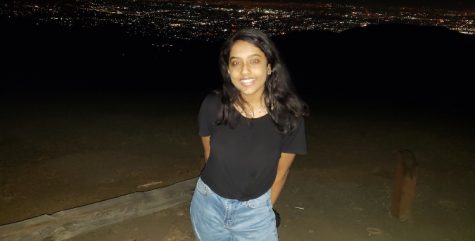
(She/her)
Navya is a senior and the opinion editor of the Eagle's Eye. In her free time, she reads, learns aerial acrobatics, and spends too much...
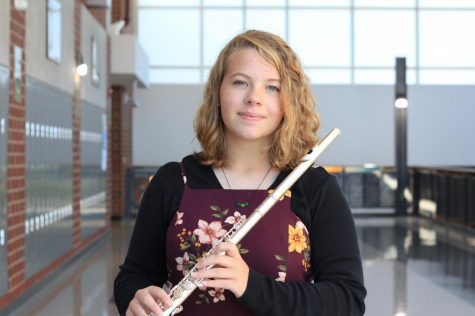
Kate is a dedicated member of Enloe's marching band, as well as an avid flute and piccolo player outside of school. She enjoys writing and learning foreign...
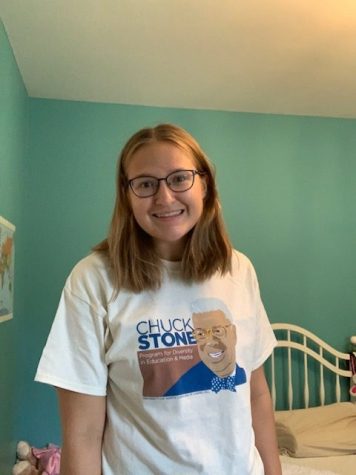
Olivia is an avid swimmer who thoroughly enjoys obsessing over niche topics such as the Youtube series Unhhh, featuring two of her favorite drag queens....


